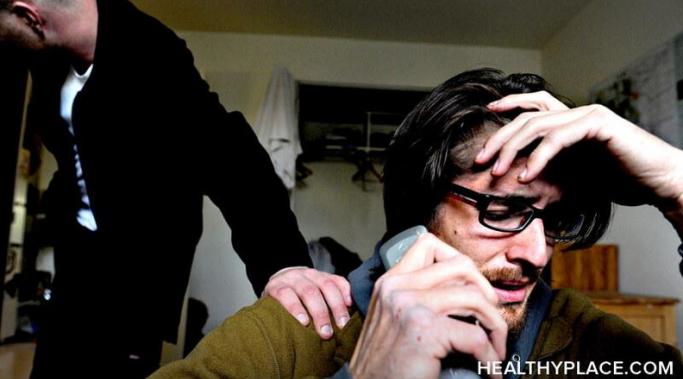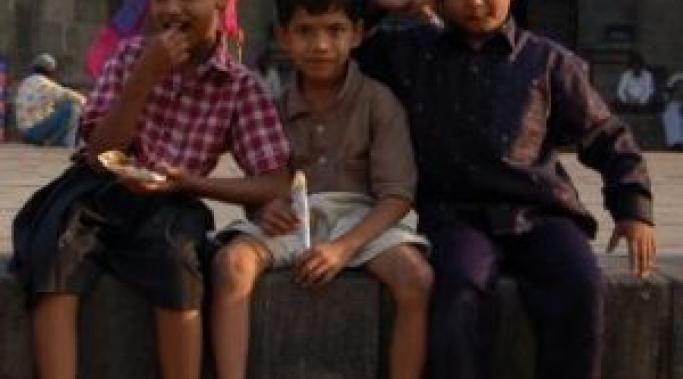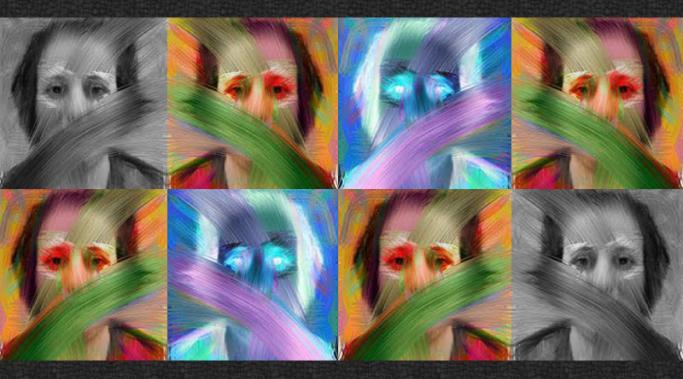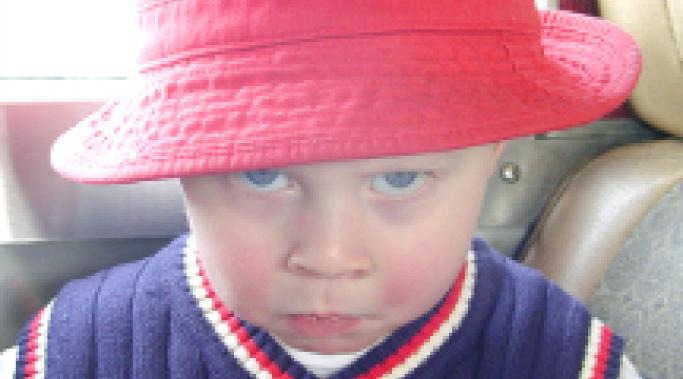A
Childhood Trauma
Three years ago this month I joined the HealthyPlace blogging team by creating this blog. I did so because I wanted to write about symptoms of posttraumatic stress disorder (PTSD) and what it takes to heal. This was a personal mission: I am a PTSD survivor who struggled for almost 30 years before launching a healing rampage that led me to freedom. And now, while I'm sad to do it, I must say goodbye to Trauma! A PTSD Blog.
Six months ago I was in the intensive care unit (ICU) with sepsis. When I came out, my brain was significantly impaired. I couldn’t read, write or speak fluently. I’m in my 40s and suddenly everything I depended on about myself in terms of being able to communicate both personally and professionally had become enormously dysfunctional. I worried I’d never be the same.
When the neurologist and my physician visited my hospital room, I expressed how frightened I was that my brain was going to be changed forever. Immediately, the physician put my fears to rest.
“Don’t worry, you’re going to be fine,” he said. “If you were younger – if you were a child – we’d have more to be concerned about. The brain continues its original development up to the age of twenty-five. If this trauma to your brain had happened during that timeframe we wouldn’t be able to guarantee anything. But you’re old enough so that your neural networks have fully developed. All of your regular neural functions should come back within six months.”
He was right. Slowly, all of my reading, writing and speaking skills have returned. But what happens to people traumatized at a younger age? New research about childhood bullying further proves that the impact of what happens during those crucial years of brain development can last well into adulthood.
If you are living with unresolved trauma memory, whether or not it's posttraumatic stress disorder (PTSD) or dissociative identity disorder (DID), you will almost surely bewilder people some of the time. We both know you want this not to happen, but, as is surely obvious to us, you have little or no choice in the matter, other than to avoid triggers to the extent that you know them and can anticipate them. The real problem here is that you can't avoid all triggers. So, you will bewilder and maybe even frighten people a certain amount of the time.
Does harsh physical punishment of children have any lasting physical disease consequences? Children have been surviving childhood, irrespective of childhood trauma, for a long time. If survival were all we were interested in, we could change the subject at this point. However, we hope for more than this, so we must look more deeply at what we do with the little people in our lives.




